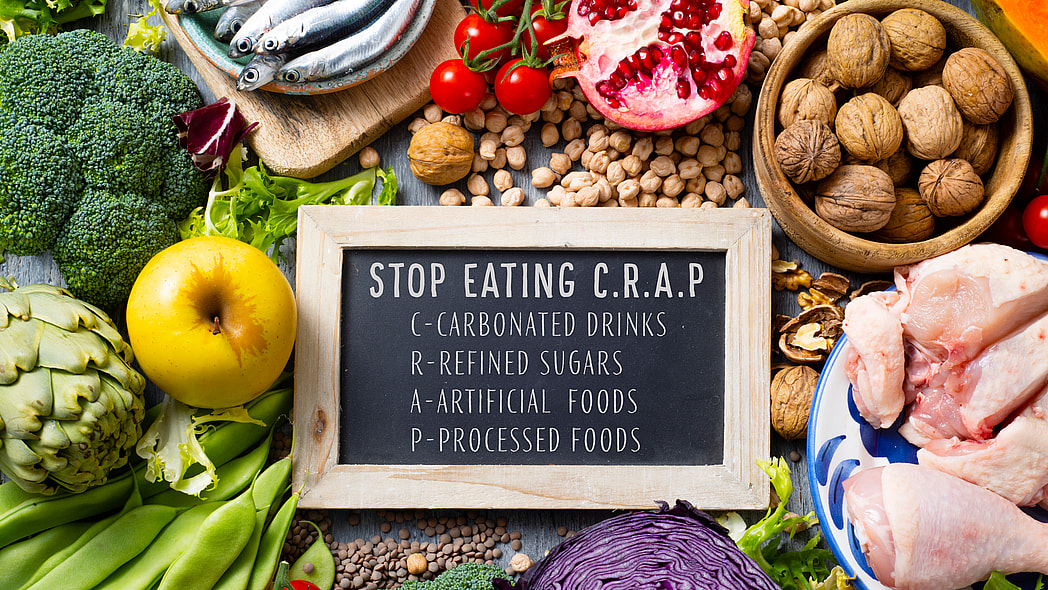Ultra-processed foods have taken over the U.S. diet.
Roughly 73% of the U.S. food supply is made up of ultra-processed foods, and they are leading to widespread addiction. One in six adults report being addicted to ultra-processed foods, while research indicates that roughly 12% of children are addicted to ultra-processed foods.
Ultra-processed foods are items that can’t be made in a kitchen and have been industrially formulated to last longer and taste better. These include chips, some breakfast cereal, ice cream, cookies, carbonated sodas, some frozen meals, and more. Diets that include too many of them can lead to a variety of health concerns, including obesity, heart disease, diabetes, cancer, and poor mental health.
One major challenge is that, given that ultra-processed foods currently comprise more than half of the country’s food supply, they are nearly all over. Communities that lack access to varied and affordable whole foods, including many Black communities, remain most at risk of developing an addiction.
Preventing addiction isn’t as simple as making better choices while in the grocery aisle, especially when there may be something on a primal level driving them.
“If there is a really high-value meal in front of you, something rich and fatty that has a lot of calories in it, the brain is set up to say, ‘Go ahead and eat it,’ even if you are full because our ancestors had no guarantee they would find food the next day,” appetite specialist Alexandra DiFeliceantonio, an assistant professor at Virginia Tech in Blacksburg, told CNN.
Recommended Stories
DiFeliceantonio added that the brain is wired to remember and crave the flavors associated with a particular food.
“It’s what we all learned in Psychology 101, right? Light comes on; food drops; dog salivates,” she said.
In addition to biology, how ultra-processed foods are made may also contribute to addiction. They are made by breaking down the cell structures within the foods, which allows them to pass rapidly through the human gastrointestinal tract.
“The majority of usable calories, boosted by intense flavors from whatever additives are in there, are quickly dumped into the upper intestine, sending signals to the brain all at once,” DiFeliceantonio explained to the outlet. “It’s happening really rapidly, and it’s happening really strongly.”
This can lead the brain to fail to recognize the calories it’s already consumed.
However, consumers should be worried about more than potato chips and frozen burritos. Research has shown that plant-based, ultra-processed foods have been linked to many of the same health risks.
Considering how widespread these foods are, experts and scientists are calling for food to be labeled as potentially addictive or harmful in the same way cigarettes and alcohol are.
As Ashley Gearhardt, a professor of psychology at the University of Michigan in Ann Arbor who conducted the research and developed the Yale addiction scale that determined that 12% of children have food addiction, told CNN: “Ultra-processed foods are cheap and literally everywhere, so this is also a social justice issue.”










